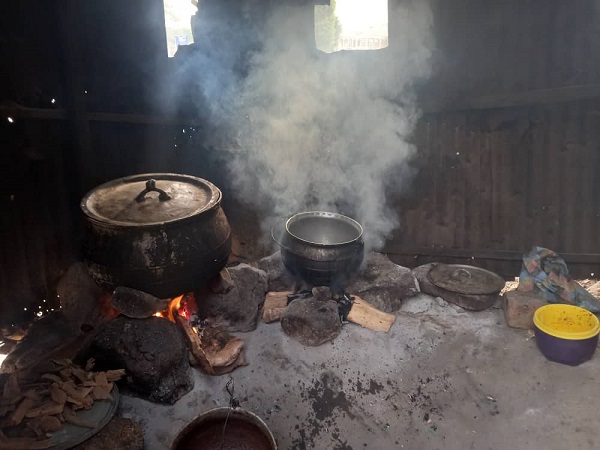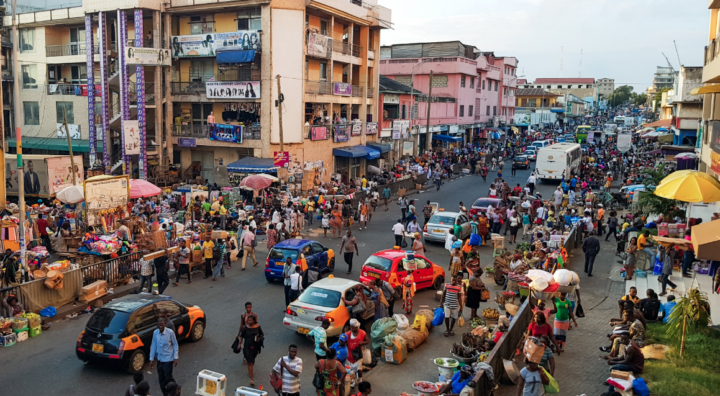When President Muhammadu Buhari declared ‘Decade of Gas’ in 2021, he promised that his administration will ensure that gas development is a national priority — to stimulate economic growth, further improve Nigeria’s energy mix and provide much-needed jobs for citizens.
To buttress this point, the president delivered an ambitious speech at the opening plenary of the COP-26 climate change summit in Glasgow, where he challenged world leaders to “walk their talk” in transitioning from fossil fuel to clean energy. Buhari had also promised on the world stage that Nigeria will reach net zero emissions by 2060.
In spite of the promises made at COP 26, the country experienced its highest surge in LPG prices in 2021. Timipre Sylva, minister of state for petroleum resources, had said the government has no control of the prices, saying it is the international market that primarily determines the price of the commodity.
As a result of the hike in LPG prices, several business owners and individuals have abandoned their gas cylinders, opting to use firewood and charcoal to cook — a counter-development to the “bold intervention” the Buhari administration had promised in relation to the gas sector and climate change.
Advertisement
Blessing Amaechi, a resident of Gudaba community in Kuje, Abuja, woke up one freezing Thursday morning to prepare breakfast for her family. With her two young boys beside her, she struggled for a few minutes till she finally lit the firewood, exposing herself and her children to the dangers of the unclean smoke.
The 45-year-old woman said she resorted to cooking with firewood owing to the high cost of cooking gas, specifically after she purchased 3kg for N1,500 — and it barely lasted two weeks.
Amaechi, who is familiar with the effects of firewood smoke, said she would rather put her health at risk than allow her boys to go hungry or beg for food.
Advertisement
“I will not let my children suffer. I will continue to sacrifice to provide food for them [children], whether the means of cooking is dangerous, unhealthy, or risky,” she said.

“I can’t leave my children to hunger because of gas. As long as I find food to cook for them, I have to strive to get what to cook it with. I have to find another way. If one way is closed, another one will open, that is why I have resorted to using firewood for cooking.
“I know that the smoke from using firewood can damage my health but as I have no money to fill the cylinder, I can’t leave my two kids to cry of hunger or start begging for food from neighbours because of my inability to buy gas.”
According to the World Health Organisation (WHO), each year, close to four million people die prematurely from illnesses attributable to household air pollution (HAP) from inefficient cooking practises using polluting stoves paired with solid fuels, such as charcoal and firewood.
Advertisement
In 2016, the WHO had reported that 76,505 children under the age of five died as a result of HAP in Nigeria. The International Centre for Energy, Environment, and Development (ICEED) also said in the same year, more than 218,000 people died in the country from HAP, including women.
Although cooking with unclean fuel has long existed in rural communities, several residents of urban areas, including Ikeja, the capital of Lagos, and Kuje, the food basket of Abuja, have joined the over 175 million vulnerable people using biomass fuels (wood, dried animal dung, charcoal) for cooking.
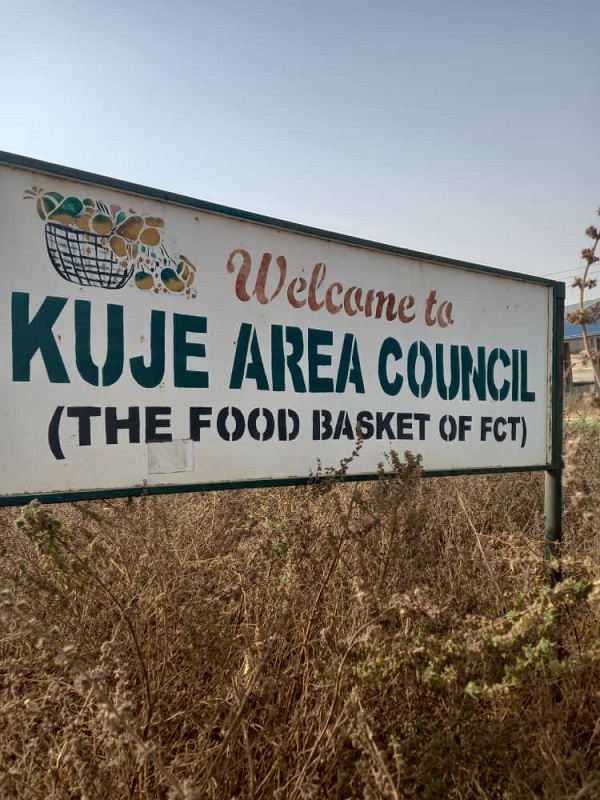
NBS REPORTS AN ASTRONOMICAL RISE
The recent increase in the use of unclean fuels can be attributed to the surge in the prices of liquefied petroleum gas, also known as cooking gas. This price hike has forced many people, both in rural and urban areas, to resort to cutting down trees for biomass fuel.
Advertisement
The resultant effects of these activities include increased emission, deforestation, and fewer flora communities to absorb methane gases released into the atmosphere.
According to the latest report by the National Bureau of Statistics (NBS), the average price of refilling a 5kg cylinder increased by 84.37 percent within the past year — moving from N1,949.75 in December 2020 to N3,594.81 in December 2021.
Advertisement
The report further established that the average price for refilling a 12.5kg cylinder skyrocketed by 76.49 percent during the same period, rising to N7,332.04 in December 2021 from N4,154.28 in December 2020.
Abuja, Osun, and Oyo were the states with the highest average price for refilling 12.5kg of cooking gas with N8,491.67, N8,303.33 and N8,058.00 respectively.
Advertisement
IGNORING, AND OBLIVIOUS OF, THE HEALTH RISKS
Dele Kuye, a restaurant owner in Ikeja, told TheCable that using cooking gas is no longer profitable for her business. She said charcoal use is the only way to sustain her culinary business if she hopes to make “little” profit.
Advertisement
She argued that inhalation and exposure to constant smoke from using charcoal doesn’t pose any risk to her health, although the data on household air pollution shows otherwise.
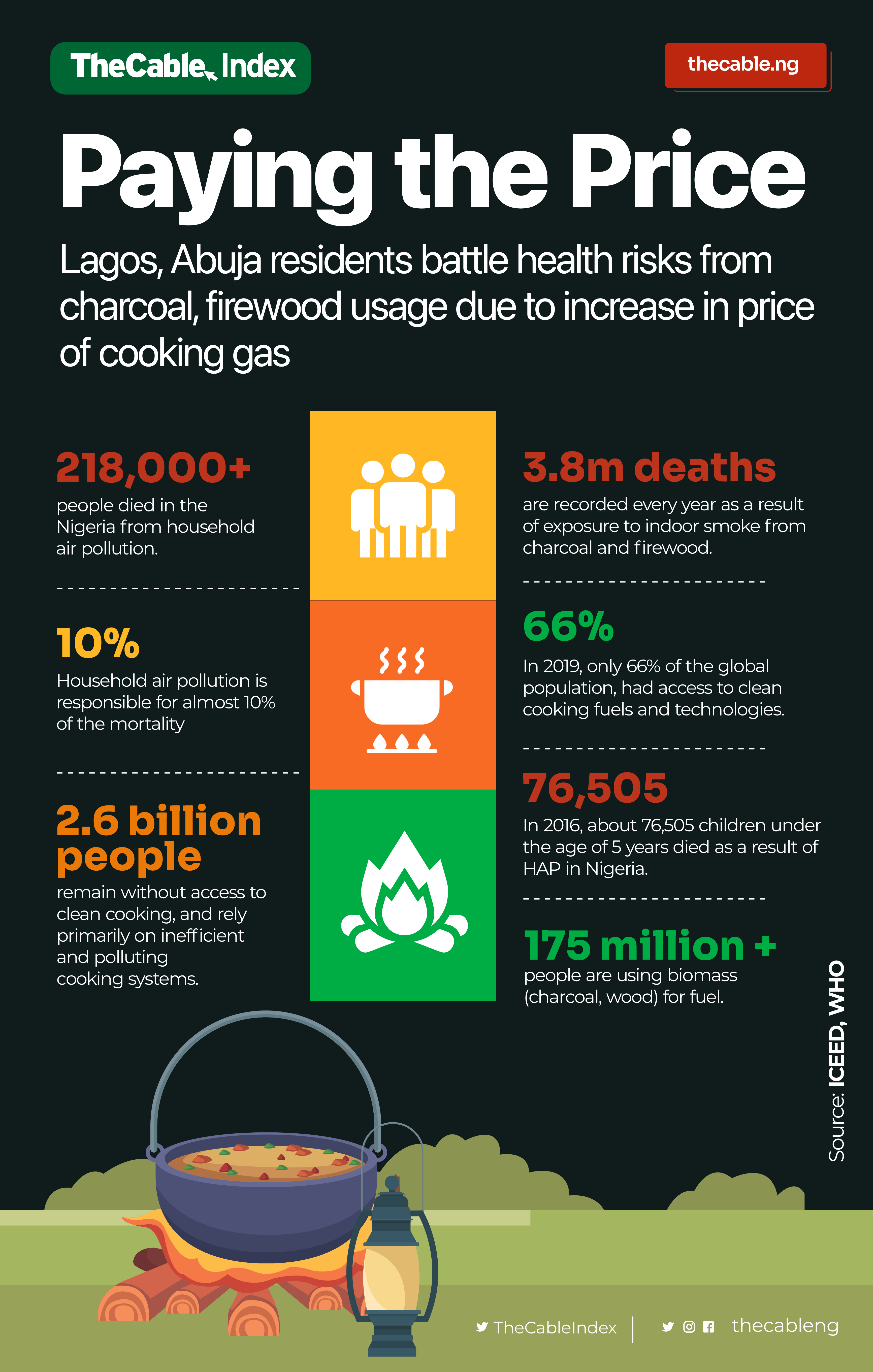
“A bag of coal is affordable. I buy a bag of coal between N4,000 and N4,500, and I use it the way I like,” Kuye told TheCable.
“Using coal for me doesn’t cause any health damage. It can only cause anything if used nylon is thrown into it to make it burn faster, but without that, it doesn’t cause any health damages to me.”
Mellisa Godwin, a charcoal seller in Abuja, said she doesn’t believe there are health risks associated with biomass fuel.
She said charcoal gives food a rare taste that cooking gas can’t give, adding that the affordability also plays a key role as the price of one bag ranges between N3, 000 and N3, 500.
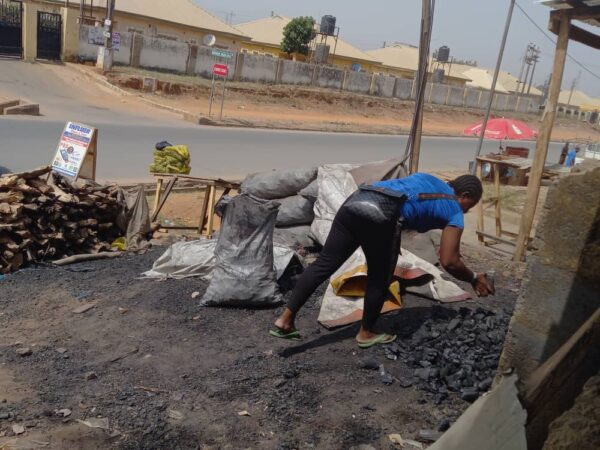
“Before now, even our parents depended on charcoal and firewood. I even believe that using charcoal to cook is safer than using cooking gas,” she said.
“If you use coal or firewood to cook your food, it has a different aroma when compared to food cooked with LPG. So to me, I don’t believe there is any health effect from using coal or firewood to cook. To my understanding, I believe it cuts cost, and there are no health risks to it.”
Uzoma Peace, a charcoal seller, said the “product” is now selling fast because of increased patronage.
Like Godwin, Peace said she doesn’t know of any adverse effects connected to charcoal smoke.
“I don’t know if usage of coal causes any health effects to the user. I have never heard of climate change too,” she said.
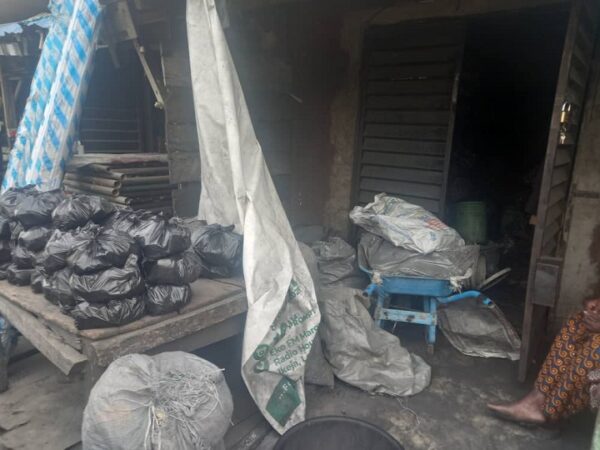
EXPERTS’ TAKE ON HEALTH RISKS
Smoke is made up of a complex mixture of gases and fine particles produced when wood and other organic materials burn. These microscopic particles can penetrate deep into the lungs and can cause a range of health problems; from burning eyes and a runny nose to heart and lung diseases.
Aluko Jumoke, a medical scientist, said the carbon monoxide produced by smoke from biomass fuels is injurious to users’ health.
“The smoke that is produced when using charcoal and firewood contains carbon monoxide which is injurious to the people’s health. I know it causes lung disease, which may cause gradual deterioration of the victim’s health,” she said.
Grace Rimamnaura, a consultant with Benue University Teaching Hospital, said wood smoke affects the quality of both indoor and outdoor air.
She said the particles found in the smoke can include soot, dust and pollen, which can settle in the lungs and narrow airways when breathed in.
“Fine dust particles, such as smoke, are more likely to settle more deeply into the lungs while ultrafine particles can be absorbed into the bloodstream,” she said.
“Fine and coarse particles both contribute to several health problems: short term effects, irritation of the eyes, throat and nose, coughing, difficulty breathing and aggravated asthma.”
In 2006, the WHO said the problem with firewood and other biomass fuels is that they burn inefficiently, that is, combustion is incomplete; they emit carbon monoxide and particulates that cause respiratory and other health problems, such as cataracts, in people exposed to the smoke.
‘REDUCE LPG PRICES TO DISCOURAGE CHARCOAL USE’
Joy Shaiyen, country coordinator of Women in LPG, said the best way to reach out to people who are still dependent on biomass fuels is to reduce LPG prices.
She said these unclean fuels are dangerous, but people who use them are ignorant of the effects because it is not instant.
“The main point we used to get to those people is the price point and the health point,” she said.
“Cooking with firewood or charcoal is not going to give you an instant death sentence, but it is going to reduce the quality of life and reduce life expectancy.
“So the easiest way to reach out to these people was price advantage, but that is not the case anymore.”
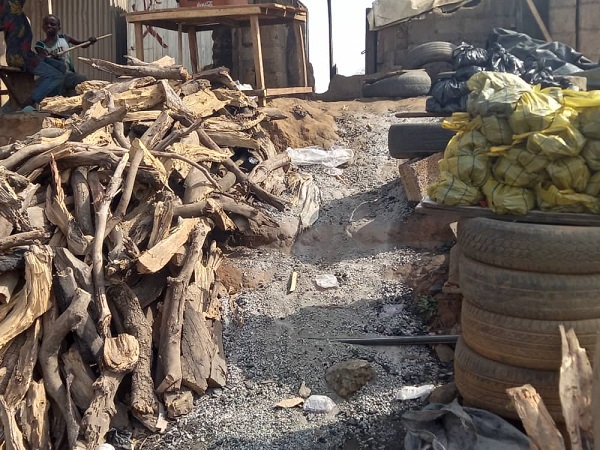
In 2020, Nigeria reached one million metric tonnes of LPG consumption, a supply advancement from 635,452.06MT recorded in 2018 and 840,594.37MT in 2019.
However, the federal government intends to attain a consumption of five million metric tonnes in 2022 through the LPG Penetration Framework — but the dramatic jump in the price of LPG leaves numerous questions on the feasibility.
According to LPG in Nigeria, an information and consulting agency, the average price of 20MT LPG jumped from N9.8 million to N10.4 million in one week in October 2021.
Ogungbenle Fatai, the agency’s head of business and sales, said increased international LPG price does not affect the domestic price as much as the devaluation of the naira, which increases importation cost.
“Most of these importers have to source from the black or open market at a commercial rate. Definitely, they have to push this cost on the imported commodity. So pricing triggered the increased price early this year.” he said.
Apart from the effect of forex on LPG price, oil marketers believe that the reintroduction of the 7.5 percent VAT on imported LPG further puts more pressure on the increased price of the commodity.
Additional reporting by Bunmi Aduloju
Add a comment

